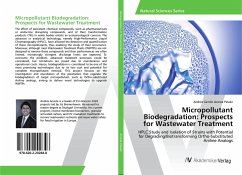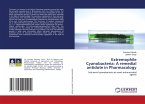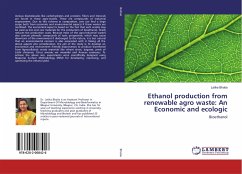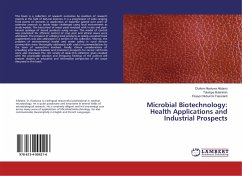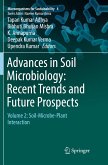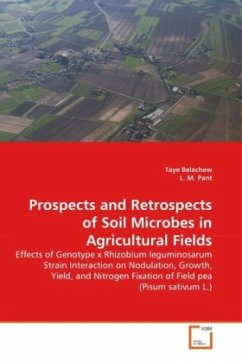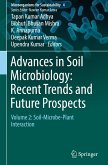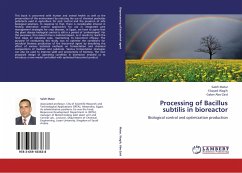The effect of persistent chemical compounds, such as pharmaceuticals or endocrine disrupting compounds, and of their transformation products (TPs) in water bodies entails an ecotoxicological concern. The advances in analytical technology, namely High-Performance Liquid Chromatography (HPLC), have allowed the detection and quantification of these micropollutants, thus enabling the study of their occurrence. Moreover, although most Wastewater Treatment Plants (WWTPs) are not designed to remove these compounds and their performances are often limited, increasingly stringent discharge limits are expected. To overcome the problem, advanced treatment processes could be considered, but limitations are posed due to maintenance and operational costs. Hence, biodegradation is considered to be one of the most promising technologies due to its low cost and potential for complete micropollutant removal. This project focuses on the investigation and elucidation of the parameters that regulate the biodegradation of target micropollutant, such as Ortho-substituted Aniline analogs, aiming to deliver novel technologies to upgrade WWTPs.
Bitte wählen Sie Ihr Anliegen aus.
Rechnungen
Retourenschein anfordern
Bestellstatus
Storno

